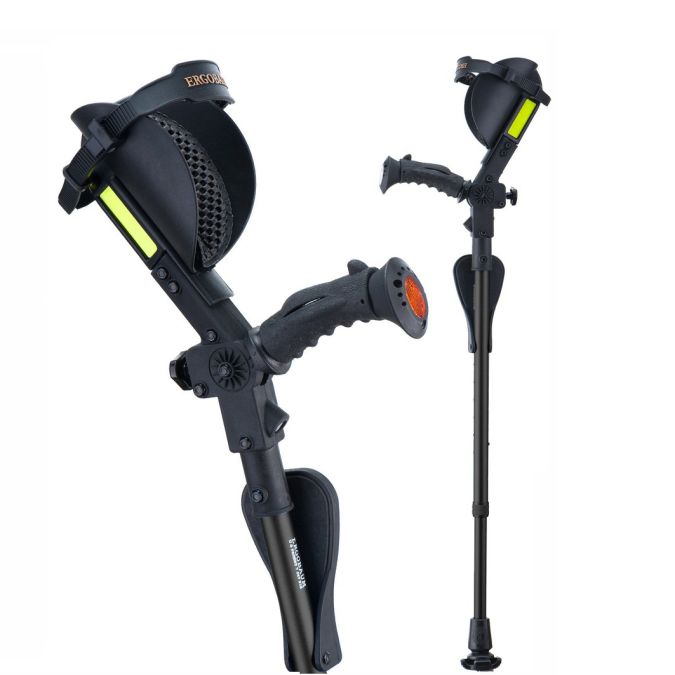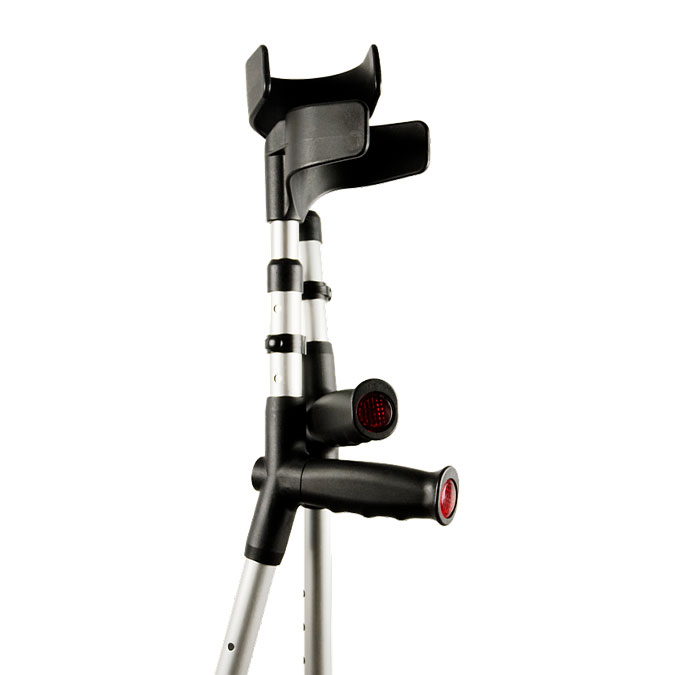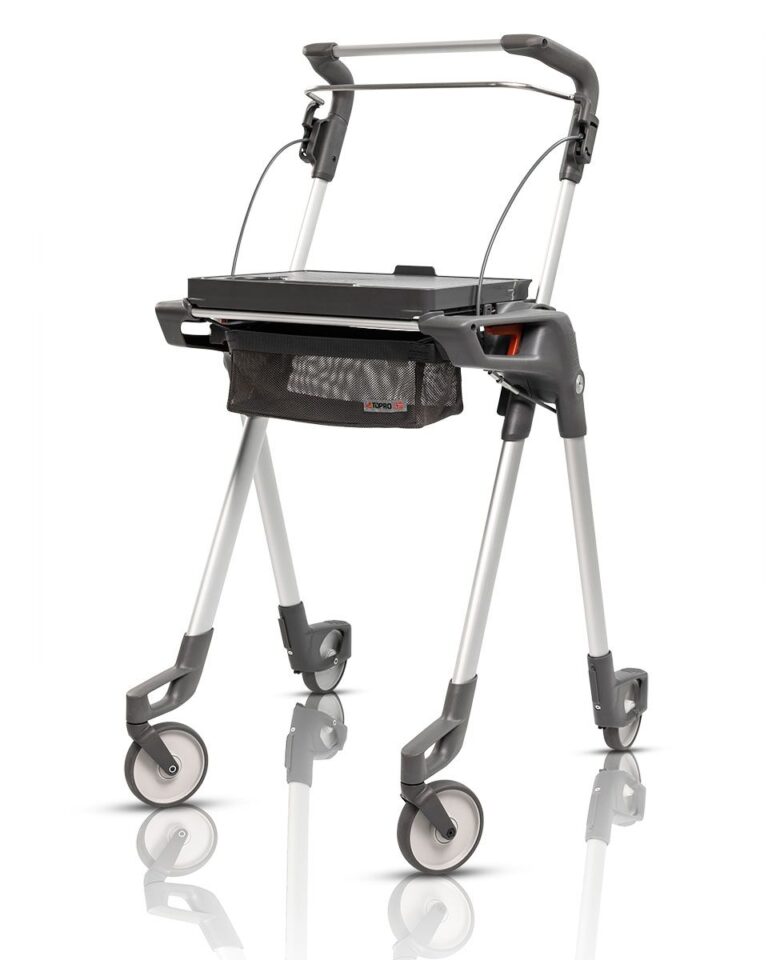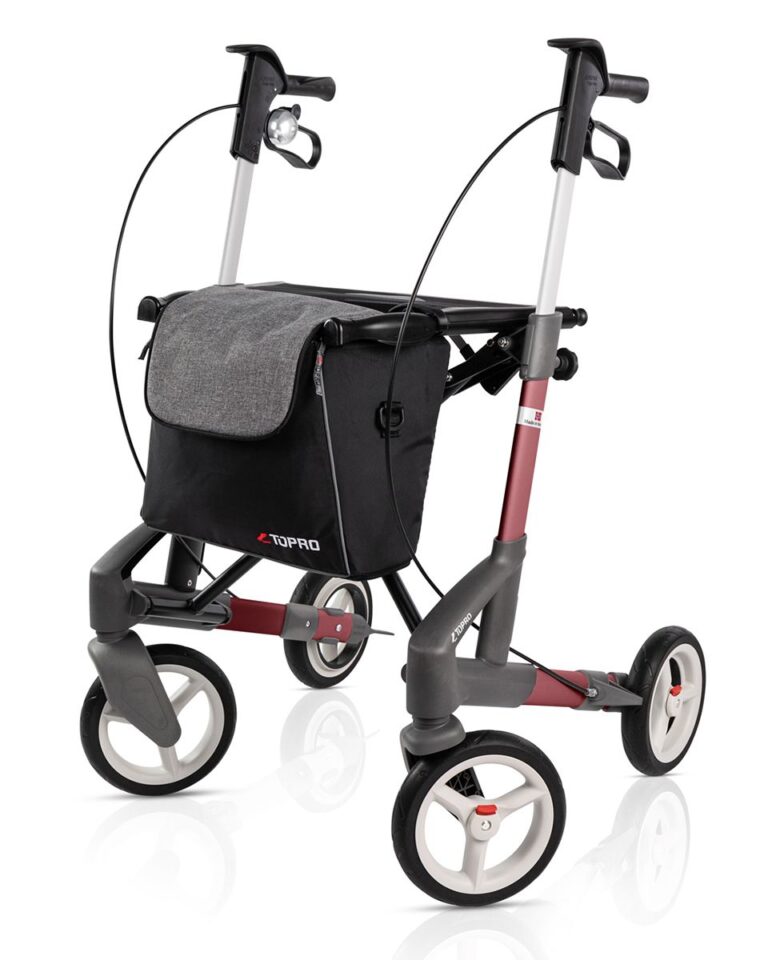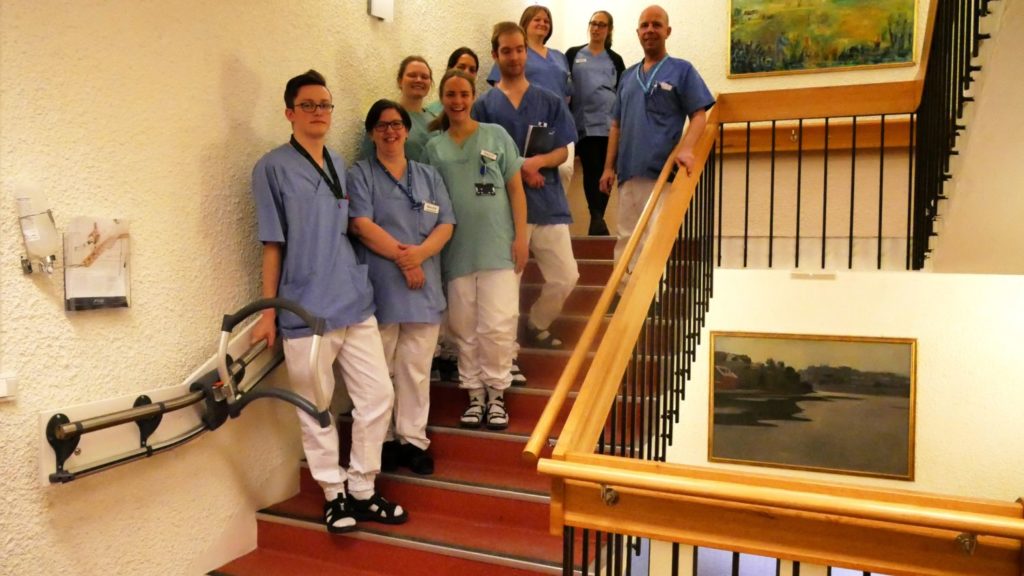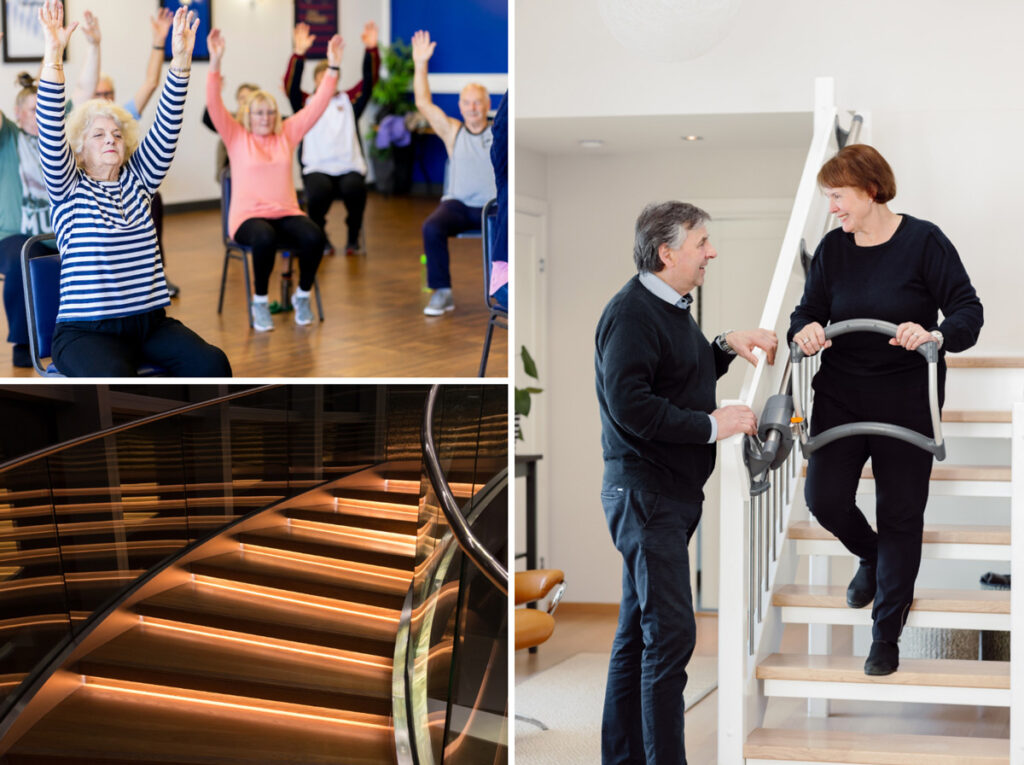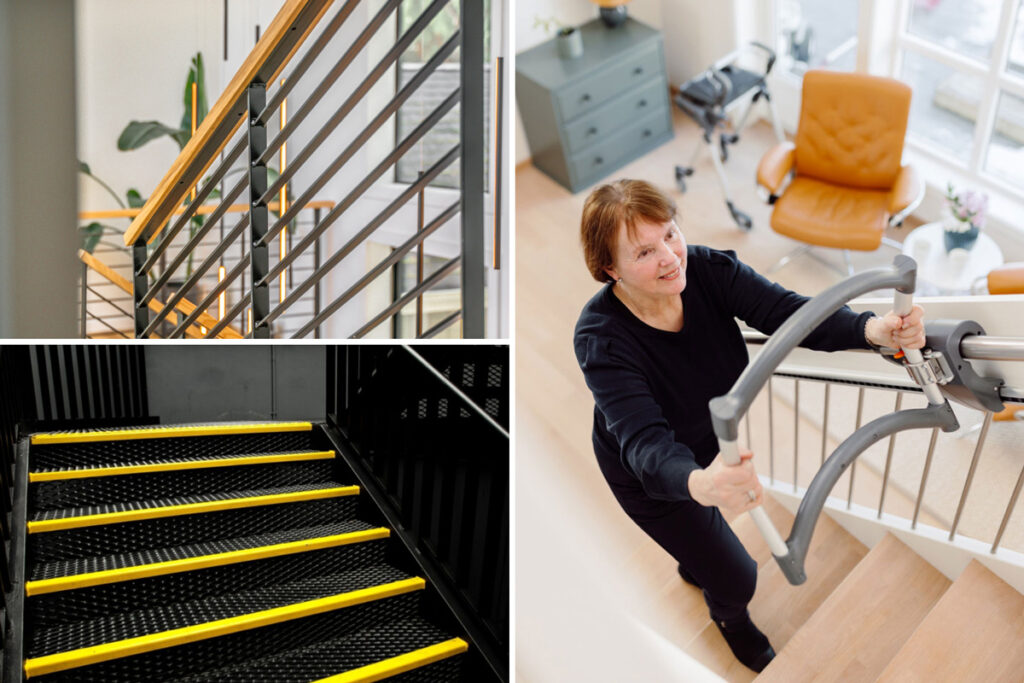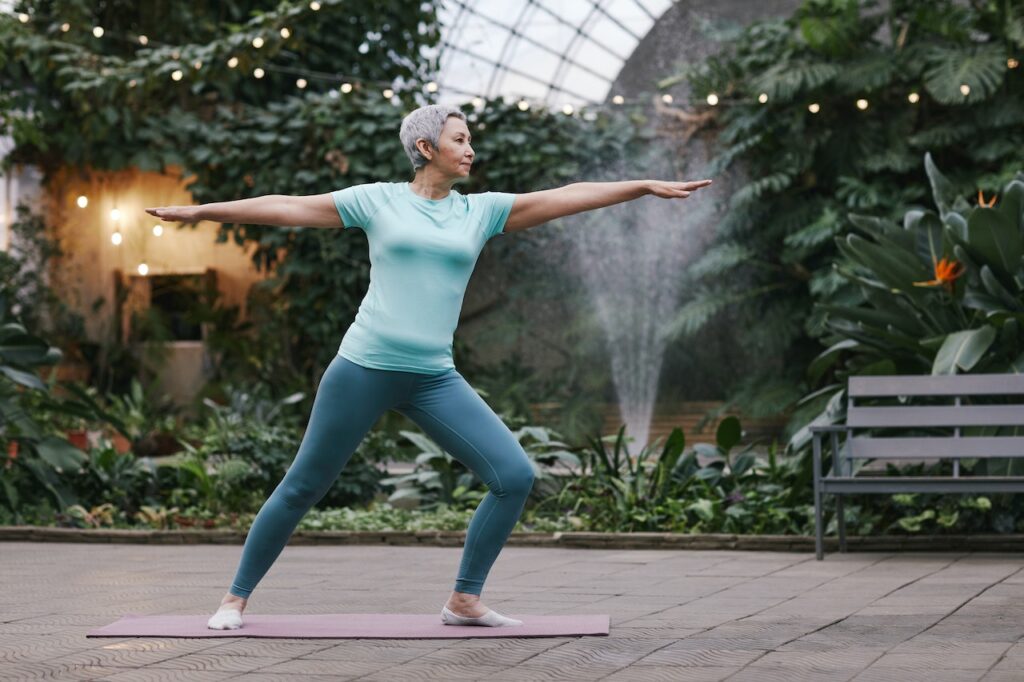
Muscle atrophy in old age - what helps?
Our muscles are vital. Because we can only move through our muscles. Muscles are also part of many important processes such as swallowing and breathing. If muscle mass decreases significantly with age, this is referred to as muscle atrophy in old age (also known as sarcopenia).

